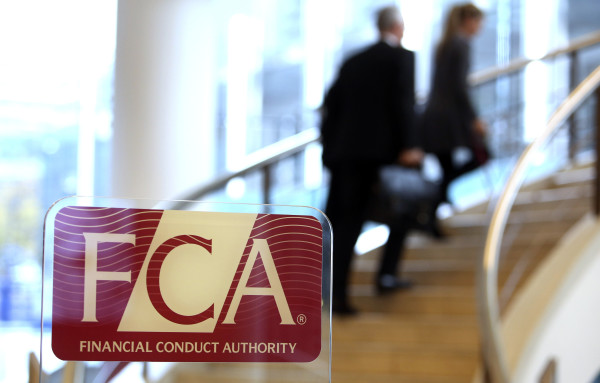

Andrew Bailey, who took on the role of chief executive of the Financial Conduct Authority on 1 July, has revealed the part played by the Retail Distribution Review in creating the advice gap.
At the FCA’s annual public meeting, he said while the RDR achieved the objective of removing opaque charges and raising professional standards of intermediaries, it caused advisers to pull away or make their service too expensive for one-off or limited advice.
Last year, the regulator reported that in 2007, two-thirds of retail investment products were sold with professional advice. This conjunction of professional advice and product sales is also a feature in other countries, it added.
However, in recent years there was a decline in the number of financial advisers offering professional advice - from around 26,000 in 2011 to 24,000 in 2014.
The FCA’s product sales data suggested the proportion of retail investment products - including pensions, retirement income products and investments - sold without advice has increased, from around 40 per cent in 2011 to 2012 to around two thirds in 2014 to 2015.
Mr Bailey’s comments came four months after his predecessor, acting chief executive Tracey McDermott, acknowledged the RDR led to banks leaving the sector, making it harder for the less-affluent to seek advice.
Speaking at the Queen Elizabeth II Conference Centre this morning (19 July), Mr Bailey also said he was confident that the Financial Advice Market Review would help plug the advice gap.
Speaking in his third week at the helm of the City watchdog, Mr Bailey, who was previously chief executive of the Prudential Regulation Authority, said the regulator was already implementing proposals put forward by the FAMR to bring advice back to the mass market.
To provide greater certainty for advisers regarding their future liability, while maintaining robust consumer protections, the FAMR made various recommendations for the FCA to consider in its review of how the Financial Service Compensation Scheme is funded.
The review also highlighted the increasing role that technology can play in creating a more engaging, cost-effective advice market. It recommended that the FCA extend the work of Project Innovate and establish a unit to help firms develop their automated advice models.
Mr Bailey said the regulator has already set up a unit for firms looking at low cost automated solutions, along with the creation of a new FAMR working group.
“I can assure you as we take them [FAMR proposals] forward we will want to be consulting actively so we can get them in the best place they can be,” he commented.
“The challenge for me is to get the FCA firing on all four cylinders.”



